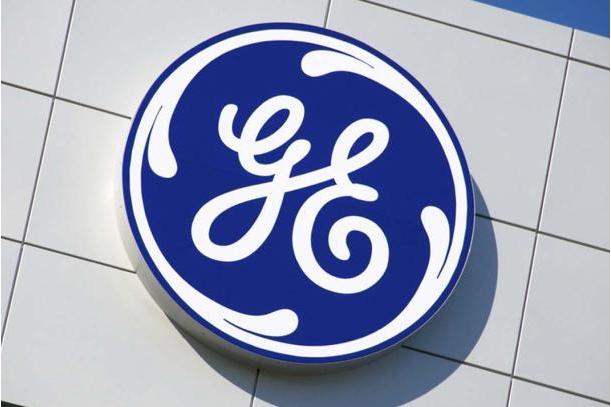Latest News
GE announces restoration of three gas turbines at NDPHC plants

News Highlight
According to latest data available on the website of the System Operation (SO) of the Transmission Company of Nigeria (TCN), the country's power generation as at 6am on Monday was 3,995.80MW.
General Electric, an American multinational conglomerate, announced on Monday that it had successfully rehabilitated three 9E.03 gas turbines at three power plants in Calabar, Cross River State, and Sapele, Delta State, Nigeria. The plants are owned by Niger Delta Power Holding Company (NDPHC), Nigeria’s largest electricity generating company (GenCo), with 4,000 megawatts (MW) of installed capacity, accounting for 35 per cent of Nigeria’s generating capacity.
GE said the rehabilitation of the three internal combustion engines that convert natural gas or other liquid fuels to mechanical energy has restored the supply of up to 360MW of electricity to the national grid – the equivalent electricity needed to power approximately two million Nigerian homes. The work has also reduced the risk of unplanned downtime of GE’s power generation equipment.
Despite the challenges posed by the COVID-19 pandemic, GE said its engineers and those from FieldCore, the field services execution company owned by GE, worked together with NDPHC to swiftly implement safety procedures to ensure a safe and timely execution. The company said outages were executed to undertake stage three bucket replacement on three 9E gas turbines as well as additional combustion inspections.
“We are committed to strengthening Nigeria's power sector, despite the unexpected logistical challenges of the COVID-19 outbreak,” said Chiedu Ugbo, Managing Director of NDPHC. “GE’s efficiency to mobilise local teams on-site with the required technical skills and expertise, as well as GE’s global supply chain scale was crucial to ensure the timely and safe completion of the outages at the sites and help us achieve our goal.”
GE said this year marks the 40th anniversary of the manufacturing of its 9E gas turbine fleet. The company said the 9E is a robust, proven platform that delivers high availability, reliability, and durability while lowering the overall cost-per-kilowatt. According to the Boston-based company, the 9E.03 gas turbines are among the most fuel-flexible combustion engines in the industry, capable of using more than 52 types of fuel – almost the entire fuel spectrum.
“We are committed to supporting power plant operators like NDPHC to be able to provide reliable power with exceptional support and services from GE throughout these uncertain times, while ensuring and maintaining the health and safety of our employees and suppliers,” said Elisee Sezan, CEO for GE's Gas Power business in Sub-Saharan Africa. “The successful rehabilitation of the power generations assets at Calabar and Sapele plants will help increase the 9E gas turbines’ efficiency, while lowering emissions and providing essential power for industrialisation, healthcare facilities, homes, schools and businesses.”
According to latest data available on the website of the System Operation (SO) of the Transmission Company of Nigeria (TCN), the country's power generation as at 6am on Monday was 3,995.80MW. Current installed generation capacity is at 12,910.40MW, while peak generation ever attained was 5,420.3MW.
Related News
Latest Blogs
- What Ould Tah’s tenure at BADEA reveals about his AfDB candidacy
- Implementation strategy crucial for the success of 12-4 education policy
- A senator’s suspension threatens the right of representation
- Tinubu’s promising revolution in infrastructure development
- Has Tinubu’s economic reform started working?
Most Popular News
- Artificial intelligence can help to reduce youth unemployment in Africa – ...
- Nigeria records $6.83 billion balance of payments surplus in 2024
- Tariffs stir inflation fears in US but offer targeted industry gains ...
- Tinubu appoints new Board Chair, Group CEO for NNPC Limited
- CBN net reserve hits $23.1 billion, the highest in three years
- Soaring civil unrest worries companies and insurers, says Allianz









